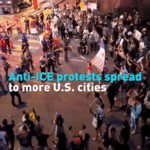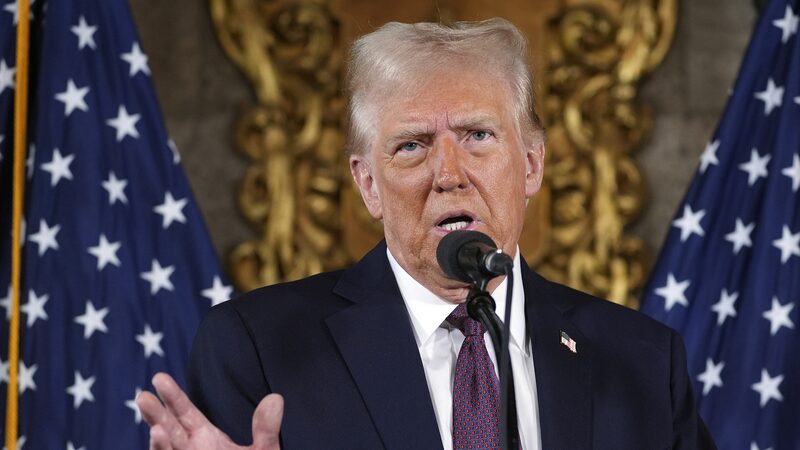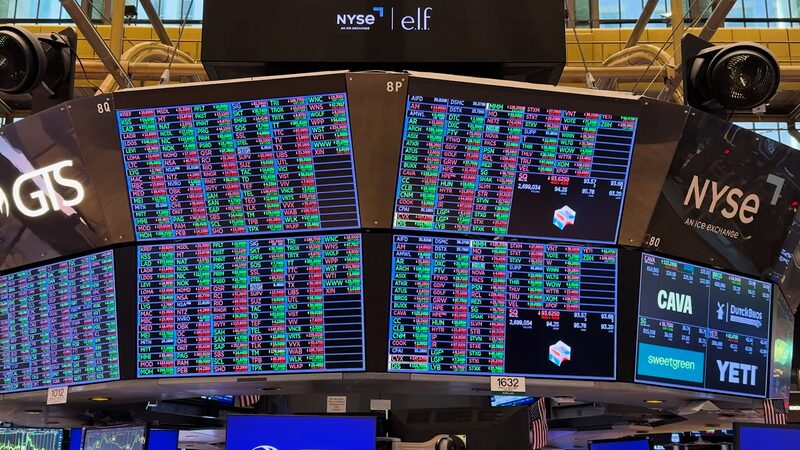Thousands of demonstrators rallied across the United States during Labor Day celebrations, channeling the holiday's 19th-century origins into modern calls for economic justice under the banner 'U.S. Workers Over Billionaires.' The protests spotlighted growing tensions over wage stagnation, corporate tax policies, and wealth inequality.
While U.S. President Donald Trump has frequently emphasized job creation and manufacturing revival as worker-friendly achievements, labor organizers argue recent tax reforms disproportionately benefit corporations and high-income earners. 'This isn’t just about one administration – it’s about systemic change,' said New York protester Maria Gonzalez, a unionized teacher. 'We need policies that prioritize families over stock portfolios.'
Analysts note the demonstrations reflect broader global debates about post-pandemic economic recovery models. With Asian economies like China and South Korea implementing minimum wage hikes this year, the U.S. labor movement’s demands for $15 minimum wages and strengthened collective bargaining rights resonate internationally.
As digital nomads and remote workers increasingly shape Asia’s labor markets, the protests also raise questions about how governments worldwide will adapt worker protections to evolving employment trends.
Reference(s):
cgtn.com








